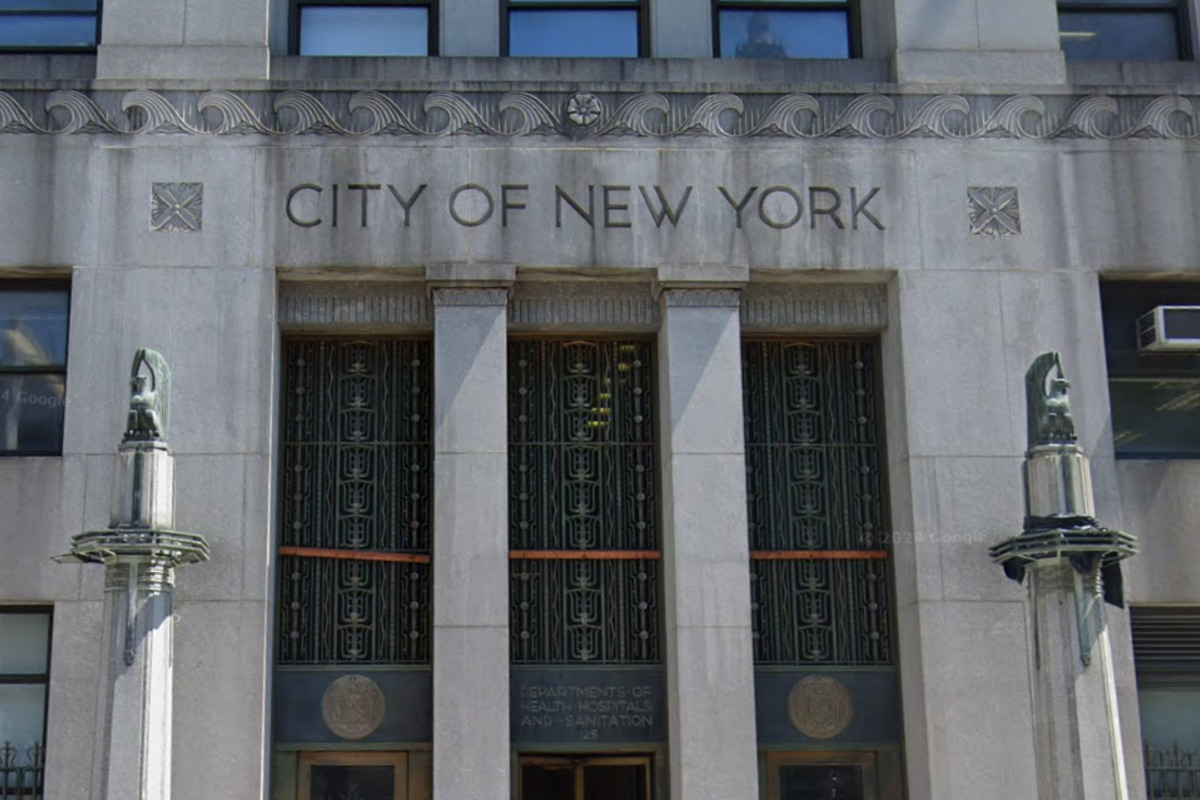New York City's Department of Sanitation is set to start enforcing composting regulations with fines beginning April 1. Buildings with one to eight units will face fines starting at $25 for a first offense, which can increase to $100 for subsequent offenses. Larger buildings, with nine or more units, could see fines starting at $100 and escalating up to $300 for repeated noncompliance.
The compost mandate, which has been in effect since last October, requires New Yorkers to separate organic waste, including food scraps and food-soiled paper from their regular trash. According to the Gothamist, public data indicates that less than 5% of household organic waste is currently being diverted from landfills.The fines come as an attempt to boost compliance with the new law, particularly in areas with high-density housing.

Areas like a densely packed district in the South Bronx have been slow to embrace composting, with the Gothamist reporting the district only produced around two tons of compost in contrast to 1,375 tons of garbage in February. In contrast to expectations, other less-dense areas where individuals are responsible for taking out their own trash, haven’t fared much better in the composting endeavor. For instance, sanitation trucks observed minimal participation on compost pickup days in neighborhoods like Canarsie, Brooklyn.
John Hunt, a 75-year-old resident of East 100th Street in Canarsie and self-proclaimed naturalist, told the Gothamist, "That's going to be a pain in the neck. I’ll probably just do it the regular way until I get a ticket."Misconceptions and unawareness about the mandate seem to contribute to the noncompliance.
However, News 12 has informed citizens that aside from fines, composting has wider community benefits—citing Aazam Otero from the Morning Glory Community Garden, who emphasized the importance of compost, saying, "It really helps with the nutrients that are taken out by the plants that we're harvesting. It adds them back in."The city’s sanitation officials have announced that they will step up education efforts by mailing fliers and visiting residents to spread awareness.
On top of outreach, the Sanitation Department stated it has $2 million in federal funds allocated for advertising the compost program. With lower collections over the winter months, officials are predicting an uptick as warmer weather arrives and enforcement measures kick in. Though some residents may view the shift to mandated composting as cumbersome, the overall program aims to reduce waste in city landfills and promote environmental sustainability.
For more information on how to comply with the composting rules, New Yorkers can visit the Department of Sanitation's website..
Environment

New York City to Issue Fines for Non-Compliance with Composting Regulations Starting April 1

NYC to fine buildings not composting from April 1, with first offenses at $25-$100 and rising for repeat offenses.















